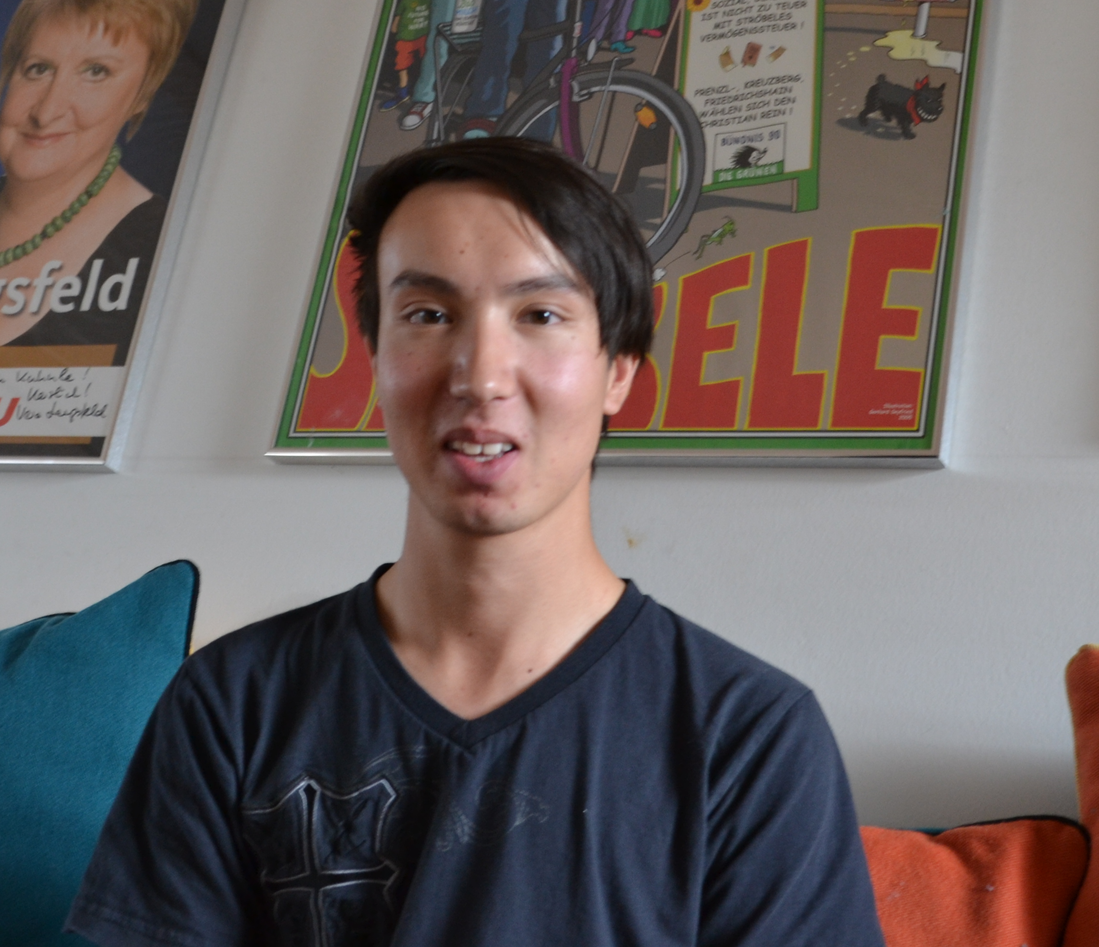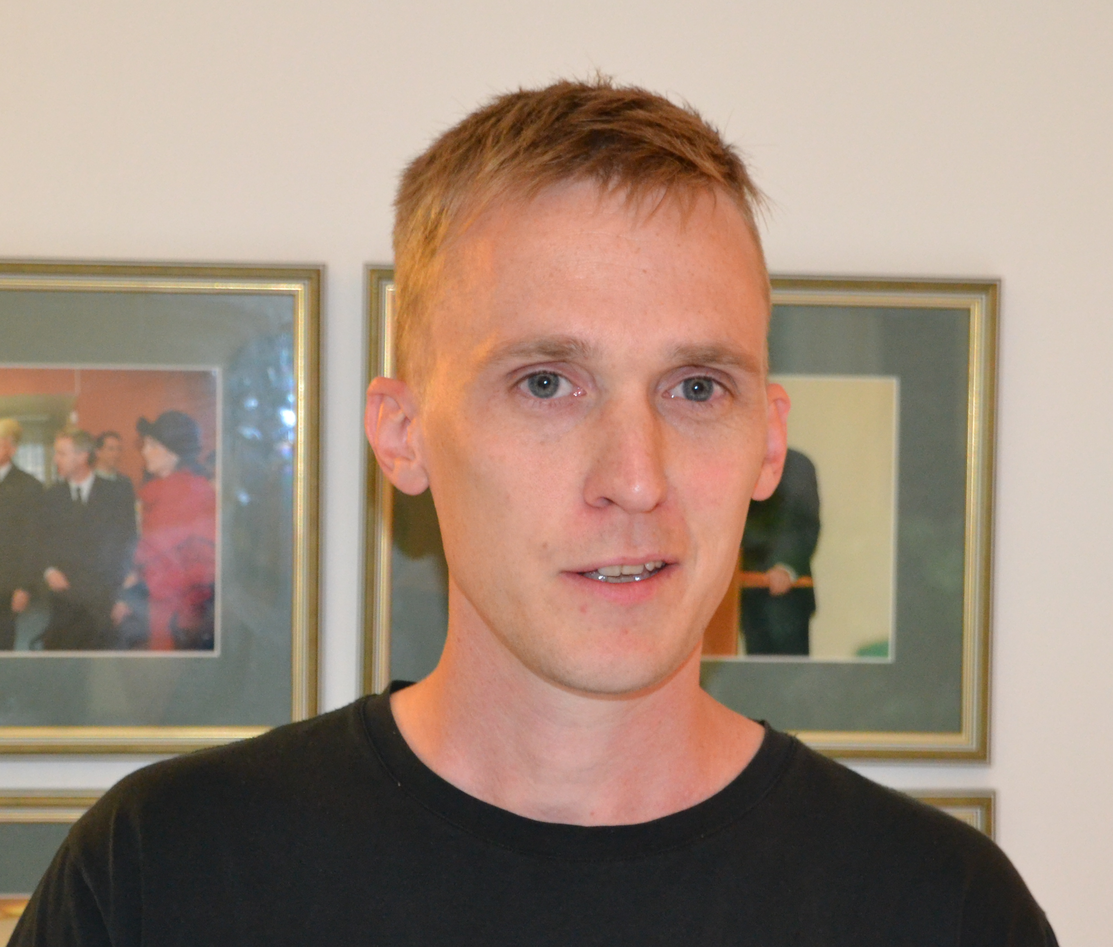New comparative politics students greeted by department
New students at the Department of Comparative Politics and European Studies were welcomed by the department leadership Friday August 15th , and given a presentation of both the discipline and faculty.

Main content
182 new comparative politics students
A total of 182 new students start their studies in comparative politics this fall. They were invited by the department leadership to an informal presentation of the discipline, the department and faculty by Head of Department Gunnar Grendstad Friday August 15th.
One of the students present was Martin Eriksen from Førde, who cites his general interest in politics, and in particular politics in Thailand, as his reasons for choosing comparative politics.
- I want to work in foreign affairs one day, and believe comparative politics will give me a good foundation for that, Eriksen says. He expects that he has a busy semester ahead of him and looks forward to writing assignments.
Many chose European studies
Vice-Chair Jan Oskar Engene welcomed undergraduates from the European studies, which will have a total of 38 students this fall, a significant increase from last year. Student Bjørn Herland from Osterøy says that the currently tense situation in parts of Europe triggered his interest in European studies.
- European studies are very relevant these days. It will exciting to watch if the situation calms down or escalates, he says, and adds that he also would like an international career, or perhaps become a teacher.
178 new “heads of state”
As a way of getting students involved in their studies they were given a country on which they will become experts. This new informal initiative will give them a sense of ownership of their discipline and an empirical case on which they can apply theories and concept they learn during their studies. Each student thus becomes “head of state” in his/her own country and will be able to provide fellow students, lecturers and seminar leaders with expert knowledge when needed.

